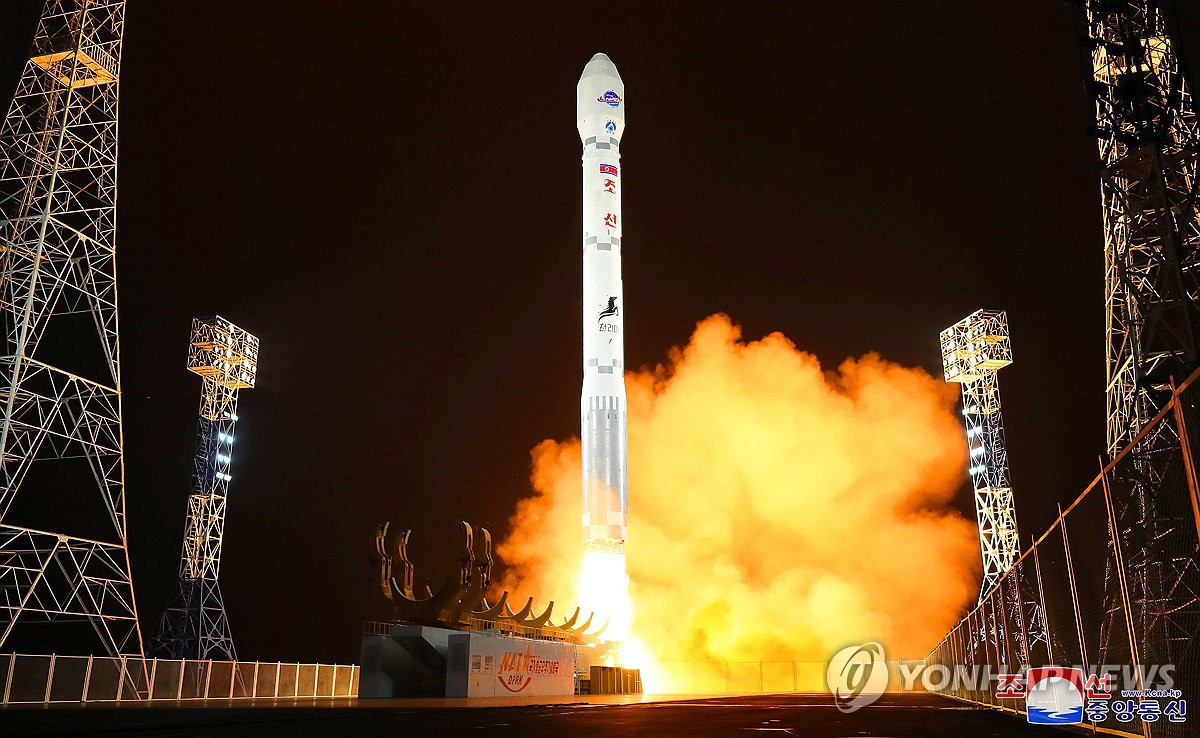Observers say that Pyongyang's successful launch of a military reconnaissance satellite will partly dispel North Korea's suspicions of the world.

North Korea's military reconnaissance satellite Malligyong-1 launch on the evening of November 21 (Photo: KCNA)
The Korean-North Korean satellite race
According to the Economist magazine, the two fiercely opposing countries on the Korean peninsula have one thing in common: the ambition to achieve great achievements related to satellites.
After two failed launches, North Korea finally successfully launched its first military reconnaissance satellite on the evening of November 21. This puts North Korea one step ahead of South Korea, as Seoul officials plan to launch the reconnaissance satellite on November 30.
This new space race is related to the security situation in the Korean Peninsula. By possessing military reconnaissance satellites, countries will more or less improve the defense and attack capabilities of North Korea and South Korea.
Information about North Korea's new spy satellite is crucial to the Kill Chain system, a preemptive satellite attack system developed by South Korea to counter nuclear attacks from North Korea.
If war breaks out, reconnaissance satellites will help both sides locate and easily destroy the enemy's forces. Meanwhile, reconnaissance satellites will help Pyongyang receive earlier warning than usual of an attack from South Korea and the United States.
Fox News called North Korea's military reconnaissance satellites the "latest threat" to the US and its allies, and the world needs to be prepared because Pyongyang could launch more reconnaissance satellites.
Since North Korean leader Kim Jong Un’s visit to Russia, there has been much speculation that Russia and North Korea are exchanging weapons and technology. The Economist notes that space cooperation between Russia and North Korea over the past two years has gradually shifted to military cooperation.
According to the British magazine, North Korea's satellite program is essentially a by-product of its ballistic missile program.
Still, it remains unclear how much both Russia and North Korea expect from this and other long-term military-space programs.
Mr. Ankit Panda, an expert at the Carnegie Endowment for International Peace, commented that North Korea's accelerated satellite development also contributes to increasing stability on the Korean peninsula.
Accordingly, if Pyongyang had a better understanding of joint military activities of the US and South Korea (including regular joint training exercises), it would be less likely to mistake “innocuous” military activities for potential threats.
Earlier, on the evening of November 21, the Korean Central News Agency (KCNA) reported that the North Korean National Aerospace Technology Administration (NATA) had successfully launched a new rocket called Chollima-1, carrying the Malligyong-1 reconnaissance satellite.
According to KCNA, the rocket put the satellite into orbit at 22:54, about 7 minutes after launch. This is also something that North Korea failed to do in both previous launches.
According to Tuoi Tre